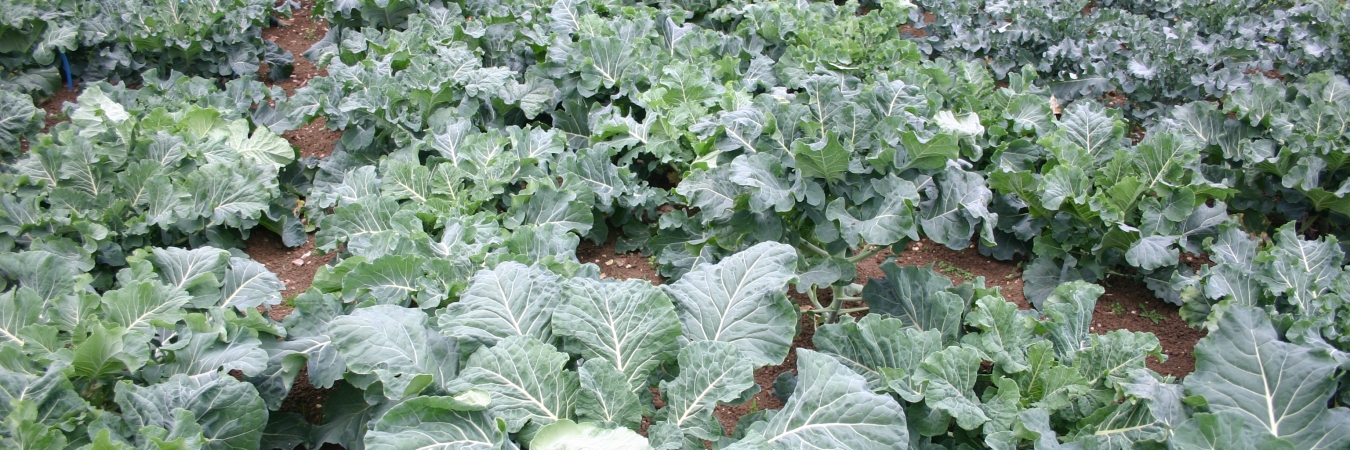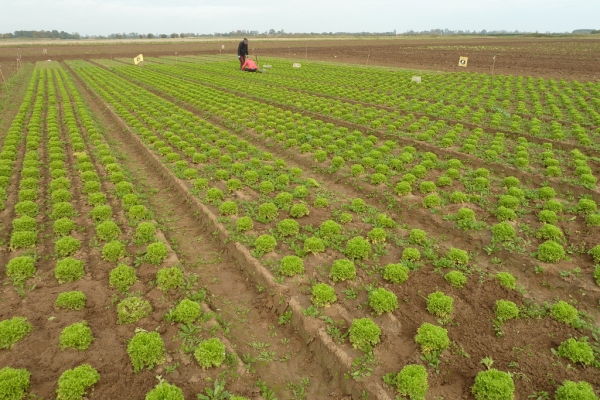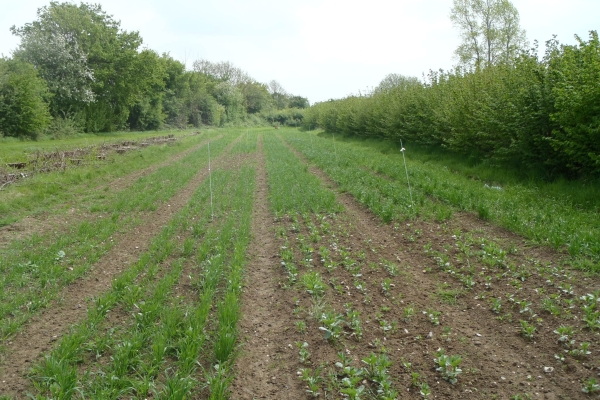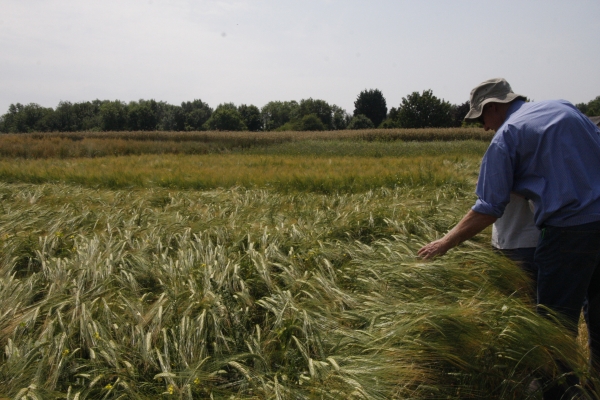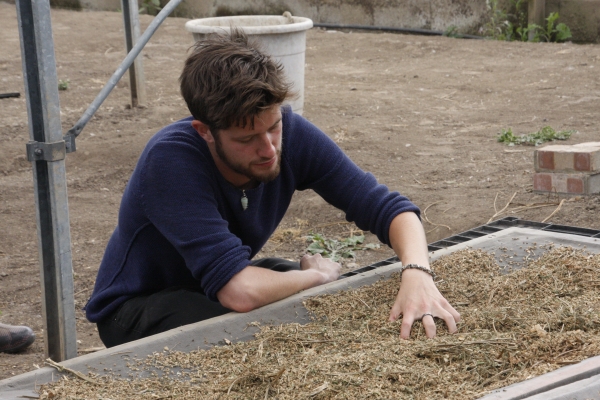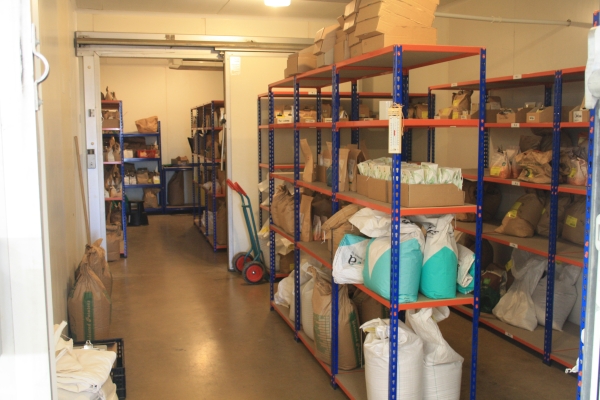How to set up a simplified on-farm cultivar trial to assess broccoli?
LIVESEED Practice Abstract No. 8
Resource explained
Most commercial broccoli cultivars originate from conventional breeding and may not perform well under organic conditions. Cultivar trials with a completely randomised block design and 3-4 repetitions are often not feasible for organic farmers. This abstract provides a guide for organic farmers wanting to set up their own on-farm trial – using a simplified cultivar trial with different broccoli varieties. This is one of a series of practice abstracts produced as part of the LIVESEED research project. LIVESEED (Boosting organic seed and plant breeding across Europe) is based on the concept that cultivars adapted to organic systems are key for realising the full potential of organic agriculture in Europe.
Findings & recommendations
- In order to evaluate differences in varieties, differences in the trial field have to be minimised. This guide suggests planting a reference variety in 2-3 randomly distributed plots and repeating the trial over several years to increase its reliability.
- When assessing broccoli cultivars it is recommended to assess time of harvest maturity and number of harvests, disease incidences, number of damaged spots, percentage of marketable plants, and weight, size, firmness and colour of heads.
- Favourable characteristics of broccoli cultivars for organic agriculture include capacity to adapt to lower nitrogen supply, suitability for mechanical weed management, low susceptibility to diseases, and resistance to stress brought on by changes in temperature.
Access the LIVESEED website here. Read about project outcomes and results here.
